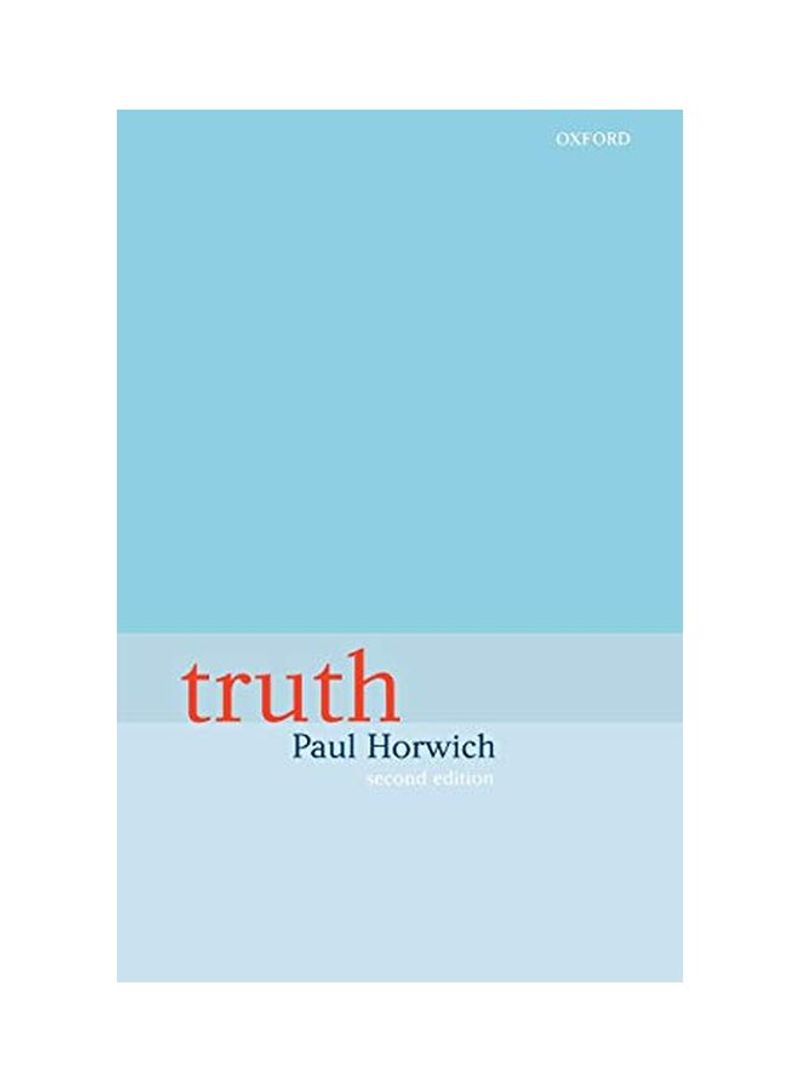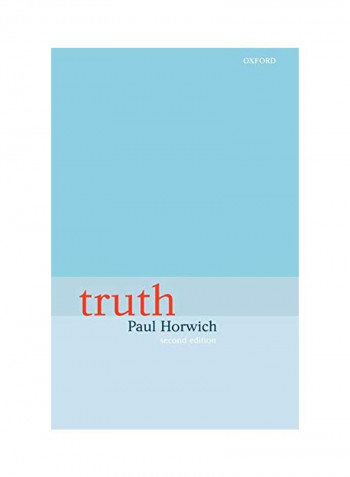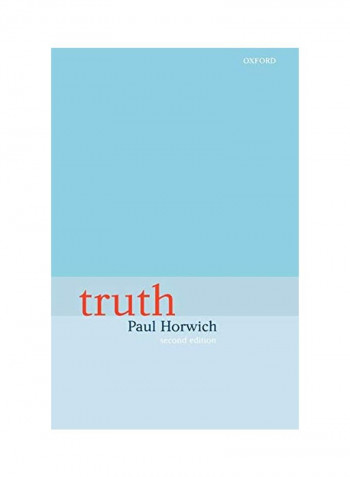Sort by
Rating
Date
Specifications
Author 1
Paul Horwich
Book Description
What is truth? Paul Horwich gives the definitive exposition of a notable philosophical theory, `minimalism'. This is the controversial theory that the nature of truth is entirely captured in the trivial fact that each proposition specifies its own condition for being true, and that truth is therefore, despite the philosophical struggles to which it has given rise, an entirely mundane and unpuzzling concept. Horwich makes a powerful case for the minimalist view, and gives a careful systematic explanation of its implications for a cluster of important philosophical issues on which questions about truth have impinged. The first edition of Truth, published in 1990, established itself both as the best account of minimalism and as an excellent introduction to the debate for students. For this new edition Paul Horwich has refined and developed his treatment of the subject in the light of subsequent discussions, while preserving the distinctive format which made the book so successful. It appears simultaneously with his new book Meaning, a companion work which sets out the broader philosophical context for the theory of truth: an account of meaning which seeks to accommodate the diversity of valuable insights that have been gained in the twentieth century within a common-sense view of meaning as deriving from use. The two books together present a compelling view of the relations between language, thought, and reality. Horwich's demystification of meaning and truth will be essential reading for all philosophers of language. Praise for the first edition: 'subtle, penetrating and ingenious . . . everyone interested in philosophy is in his debt' Michael Dummett, University of Oxford 'lucid and compact . . . a forthright presentation of an interesting thesis' Donald Davidson, University of California, Berkeley 'This is an excellent book and deserves to be widely read and used as a text. It states its thesis clearly and argues for it briskly: a style that seems well calculated to start discussions . . . It seems like an admirable starting-point for several weeks' worth of discussions in a philosophy of language course at upper-division undergraduate level.' Australasian Journal of Philosophy
Language
English
Publisher
OUP Oxford



